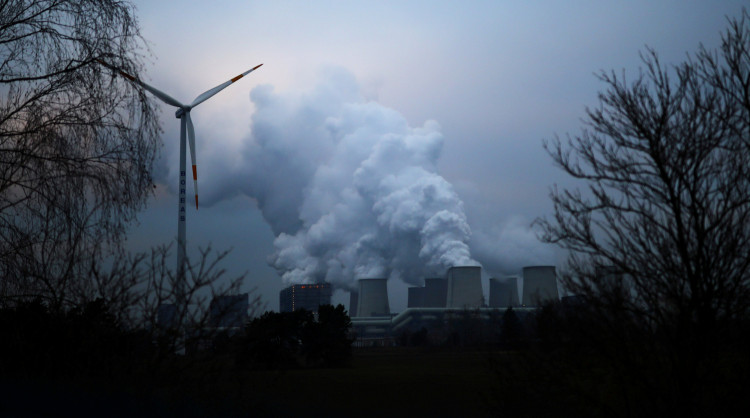Germany is planning to completely cut coal use by 2038 but an energy expert pointed out the potential geopolitical risks that this goal could result in.
Back in 2000, coal power accounted for 53 percent of electricity in Germany. To help lessen coal use, the government encouraged wind and solar photovoltaic projects as well as biofuels. These renewable energies helped establish the country's goal of reducing and in the long run eradicating coal power generation.
Geopolitics and energy consultant Ellen R. Wald noted in her Forbes analysis that while Germany has been hard at work in reaching its goal, technological advancements needed for the grandiose plan are not yet available. Wind power is a good choice for the world's fourth-largest economy. However, the country has not installed enough wind turbines to accommodate residents in the countryside and urban areas.
Germany has also tried solar technology. However, the fact that the sun doesn't shine in the evening cuts the potential for blanketing the entire country with solar power.
Furthermore, some experts believe that Germany's decision to completely eradicate coal use could put the country in a tight spot in geopolitical terms. The German fuel industry is already largely dependent on Russia and in the near future, demand could increase. Since Germany will no longer produce power from coal, the government will need to allow additional funds for importing natural gas.
Wald, who is also a Senior Fellow at the Atlantic Council, added that Russia's influence over energy supplies in Germany and other European countries continues to grow. For the president of Transversal Consulting, the German market should be cautious in terms of relying solely on Russia and Turkish energy provisions.
Germany's independence may be put at risk, Wald stressed in her report. On the other hand, she wrote that Germany's plan to phase out coal-burning plants is a noble step towards reducing pollution and promoting strategies that could battle the extremities of climate change.
Meanwhile, German green organizations praised the proposal to end coal generation. Among the most mentioned topic that green groups have been fighting for over the past years is the endangered Hambach Forest.
Hambach Forest is an ancient forest seated at the western North Rhine-Westphalia region of Germany. Nestled between Aachen and Cologne, the forest is in the midst of a potential clearing by Hambach surface mine owner RWE AG. With Germany's plans to stop burning coal for energy purposes, conservation groups believe there is hope to keep the woodland untouched.
According to Deutsche Welle, NABU president Olaf Tschimpke said in a statement, "Hambach Forest will no longer be sacrificed for lignite mining." Other conservationists echoed his sentiments as protests continue to drop against the forest's clearing.






